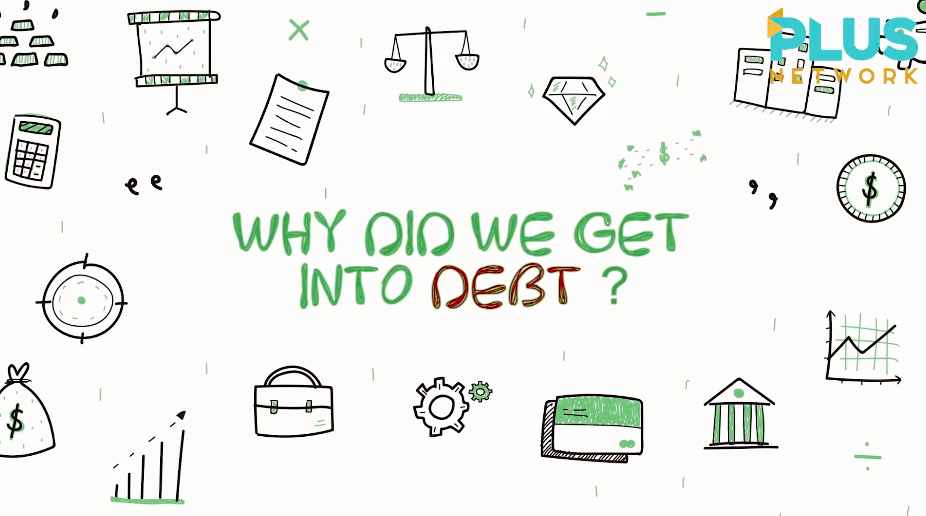One of the biggest challenges that people face regarding their finances is getting out of debts, and it is something that requires commitment and making sacrifices. However, getting out of debt doesn’t only mean paying off a few bills. It also means understanding your behavior with money and changing money habits and shifting your priorities.
Why do a lot of people incur debts in the first place? According to Registered Financial Planner and business anchor Edric Mendoza, part of it is because people “buy things we don’t need with money we don’t have to impress people we don’t even like.”One of the first things that people need to ask themselves when planning to get out of debt is whether they have good debt or bad debt.
Good debt is a kind of debt that can be paid and is on something that appreciates in value. For instance, borrowing money to buy property is good debt because that property appreciates in value. Bad debt, on the other hand, is debt on something that does not appreciate in value, like a credit card bill that isn’t being paid in full each month. If your debt is a bad debt, whether it’s from a bank, debt with collateral, or money owed to a friend or the company you work for, it is a debt that has to be killed.
According to Mendoza, there are a couple of important questions that you need to ask yourself before getting out of debt.
1. What is the total amount I need to pay?
2. What is the effective annual interest I need to pay?
He also identifies two approaches that you can use to pay off debts, and use the approach that makes most sense for you.
1. Snowball Approach – This approach comes from a quote from personal finance personality Dave Ramsey, who said that “Psychologically, you want to look at what is the debt that is the smallest total amount.” Once you are able to pay off the smallest debt first, you can develop the confidence to pay off and kill the other, larger debts that you have.
2. Effective Annual Interest Rate – The other approach is to pay off the largest debt first, as it is the debt that is causing you to bleed the most because it is so high. This approach requires you to put all your income and extra cash, put it together, and pay the highest effective annual interest rate and then work your way down.
In the case of emergencies and you really need to borrow money, Mendoza says that you can borrow as long as you make sure who you are borrowing from. There are ways to borrow money for emergencies and still avoid bad debt, such as borrowing from relatives or people you know to avoid high-interest rates. You also need to ask yourself whether your need is actually an emergency and if it is, only then can you borrow the money you need.
When it comes to lending money, Mendoza says that you should only lend what you’re willing to give away. This way, you can still lend money to relatives, friends, and people who need it without draining your own finances. In the end, he adds that one effective way to avoid accumulating debt, especially bad debt, is to learn to live within our means and be more prudent when it comes to our finances.
For more tips on handling your finances, you can watch more episodes of FUNDamentals. For more stories for professionals, visit PLUS Network on Facebook, Instagram, Twitter, and YouTube.






